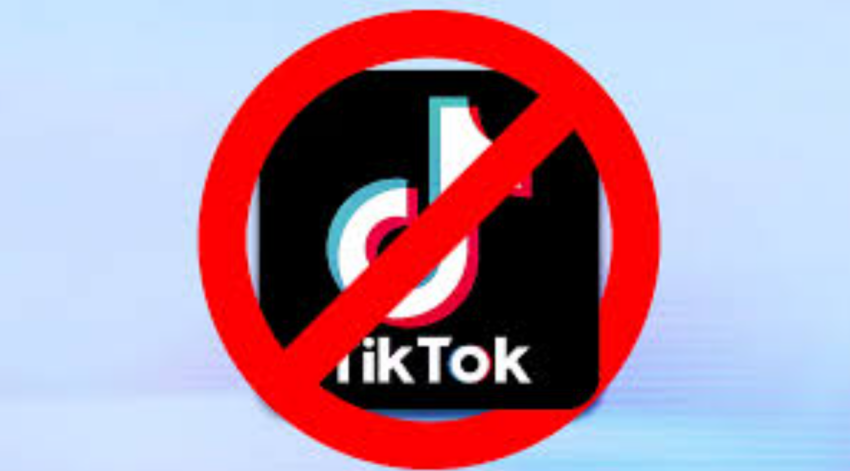By Ema Bojaxhi, Staff Writer
In early 2024, Congress passed a bill banning TikTok in January 2025. Ultimately, the order was temporarily halted; however, the debate over the app has continued amid intense controversy. At River Hill High School, the app had become a major part of daily life. The popular social media platform, owned by the Chinese company ByteDance, had faced accusations of collecting user data in ways that could pose risks to national security. Lawmakers had argued that its ties to China made it a potential tool for surveillance and foreign influence. Meanwhile, River Hill students, like many others across the country, have seen the ban as an overreaction that threatened free expression and took away a platform they used for entertainment, creativity, and social connection.
For many students, TikTok wasn’t just another app, it was a daily routine, a creative outlet, and a way to stay connected with friends. Sophomore Isha Patel voiced her frustration over the potential ban. “TikTok isn’t just some random social media platform; it’s part of how we communicate. Whether it’s sharing funny videos, learning new trends, or even discovering educational content, it’s more than just an app to us. Banning it feels like they’re taking away a piece of our generation’s culture. It’s frustrating because we use it for so many positive things, but now it feels like that doesn’t matter.”
Sophomore Yvonne Bonnah pointed out what she saw as inconsistencies in the decision. “I understand that people are worried about privacy and security, but TikTok isn’t the only app that collects data. Every social media platform, including [Instagram] and Snapchat, gathers information about us. So why is TikTok being singled out? If they’re going to ban one, shouldn’t they be questioning all of them? It just feels like an unfair double standard.”
Junior Sherina Sen highlighted the impact on small creators and businesses. “A lot of students at our school have small businesses or make content that actually helps them financially. TikTok gives them a platform to promote their work, whether it’s selling handmade jewelry, tutoring, or even sharing fitness tips.”
However, not everyone was completely against the ban. Junior Masa Atilimi admitted that while she loved TikTok, she also understood the concerns. “Honestly, I spend so much time on TikTok, and I’d hate to see it go. But I also get why people are worried about data privacy and security. I just wish there was a way to keep the app while making sure it’s actually safe to use. Maybe there’s a better solution than just banning it outright.”
As RHHS students continued discussing the issue, it was clear that the TikTok ban wasn’t just about losing an app, it was about the larger impact on communication, business, and digital freedom. Whether they supported or opposed the decision, many agreed that the debate over TikTok had become much bigger than just one social media platform.

